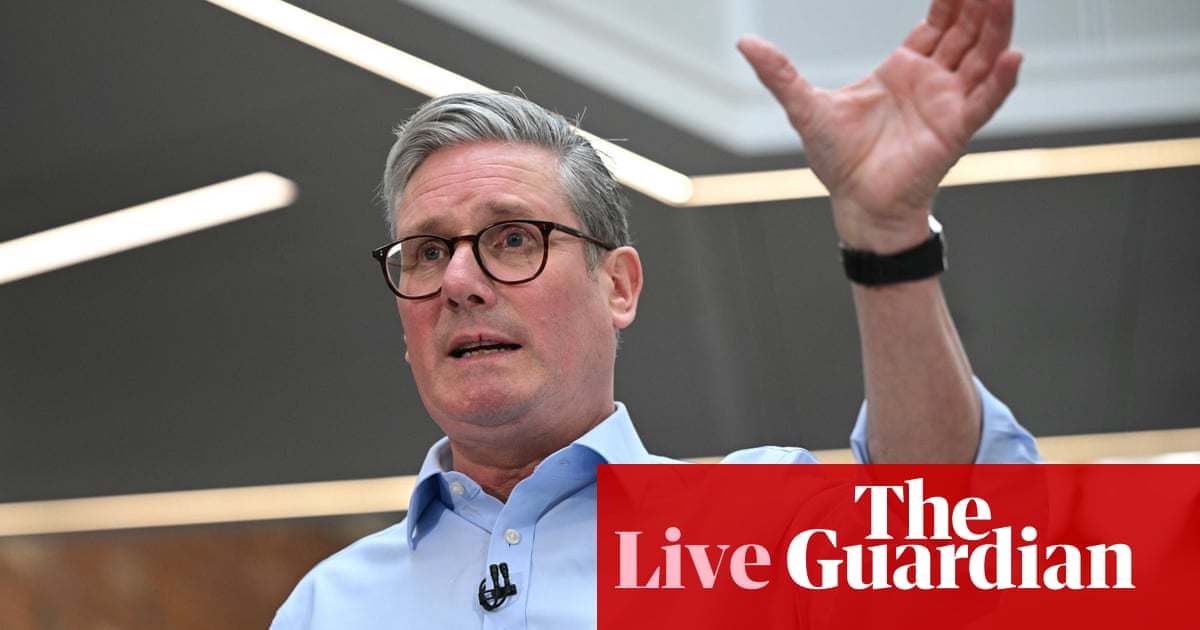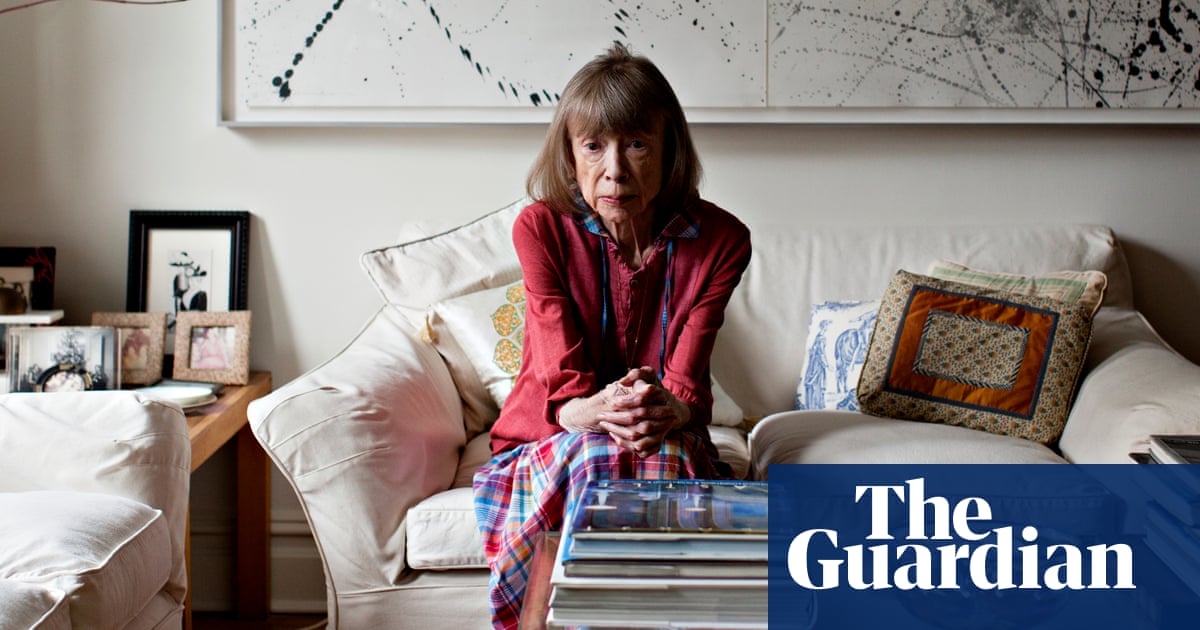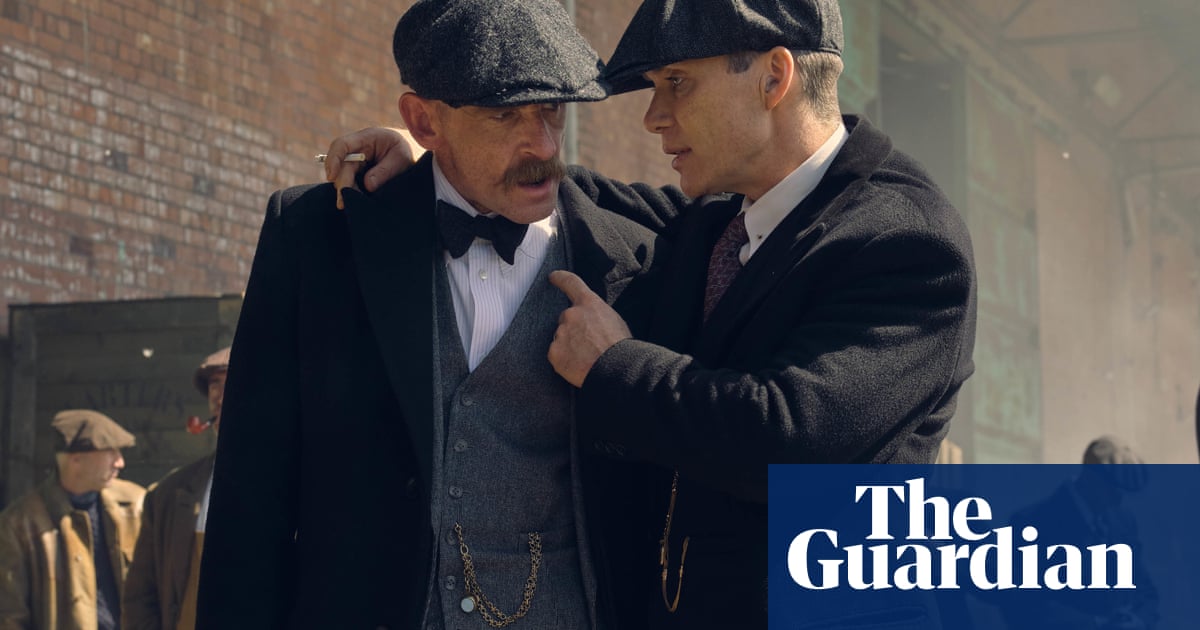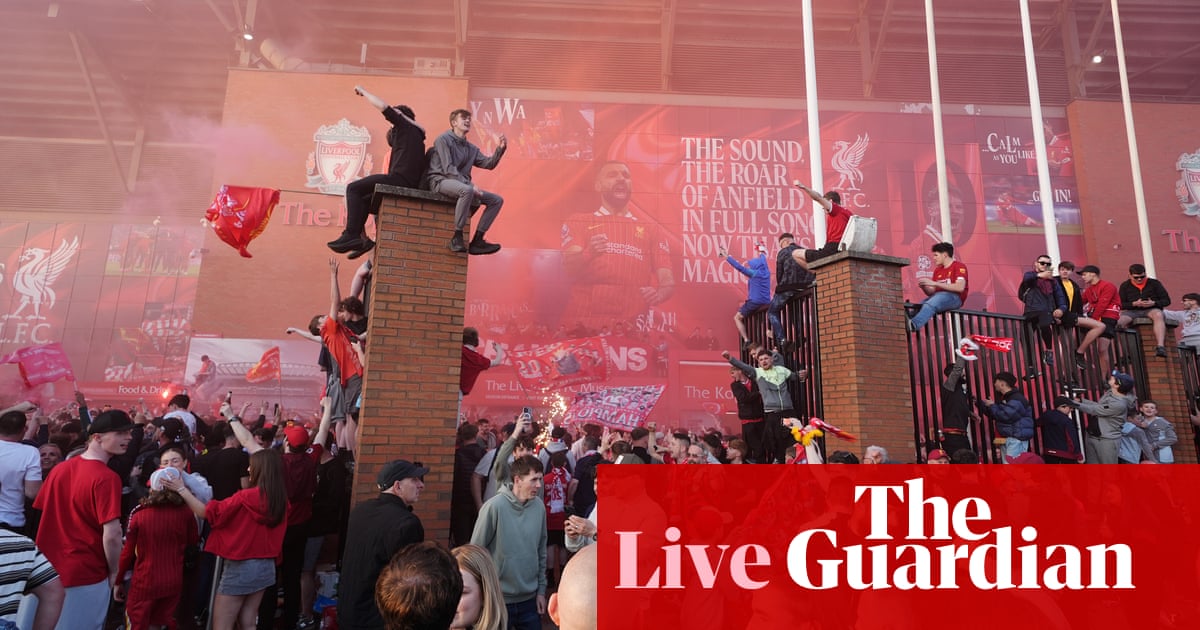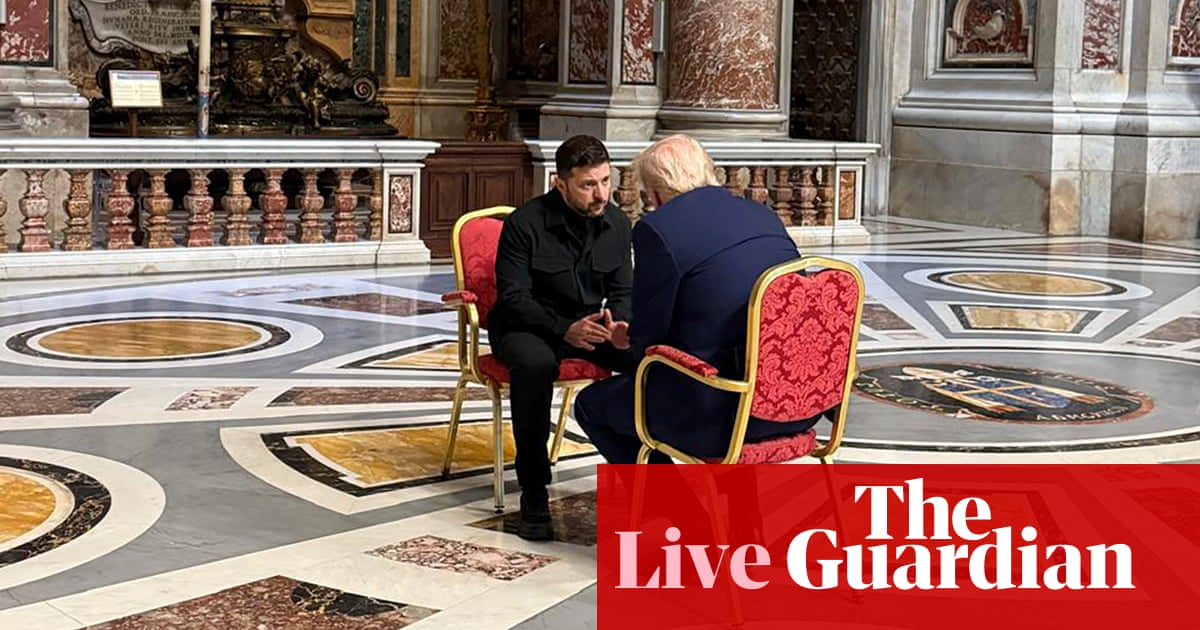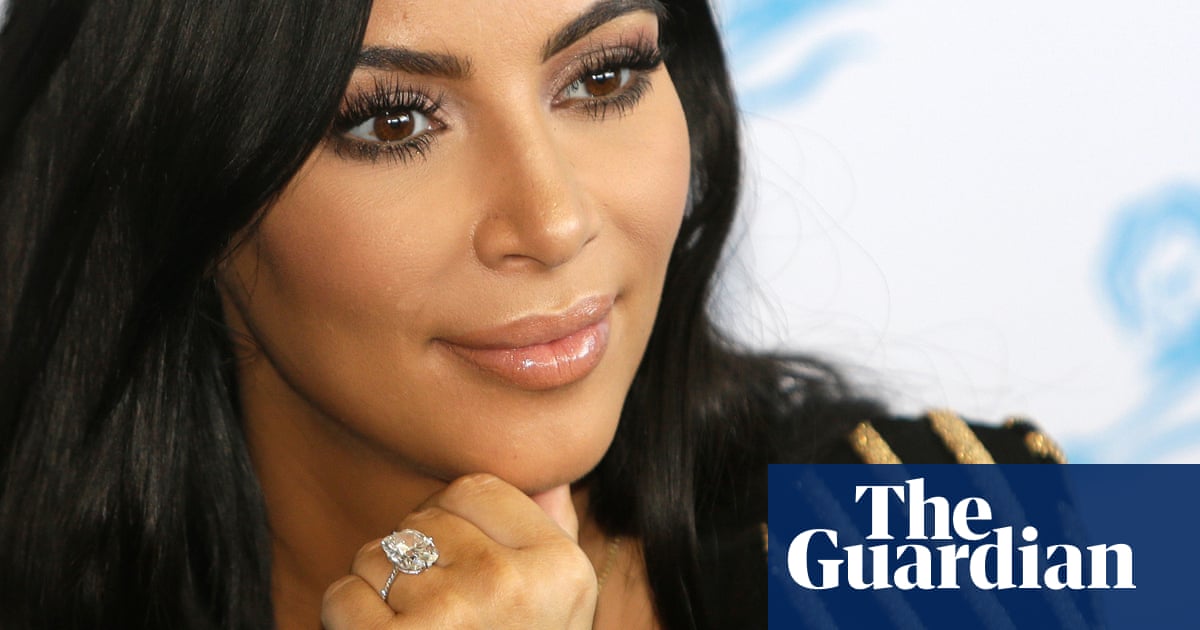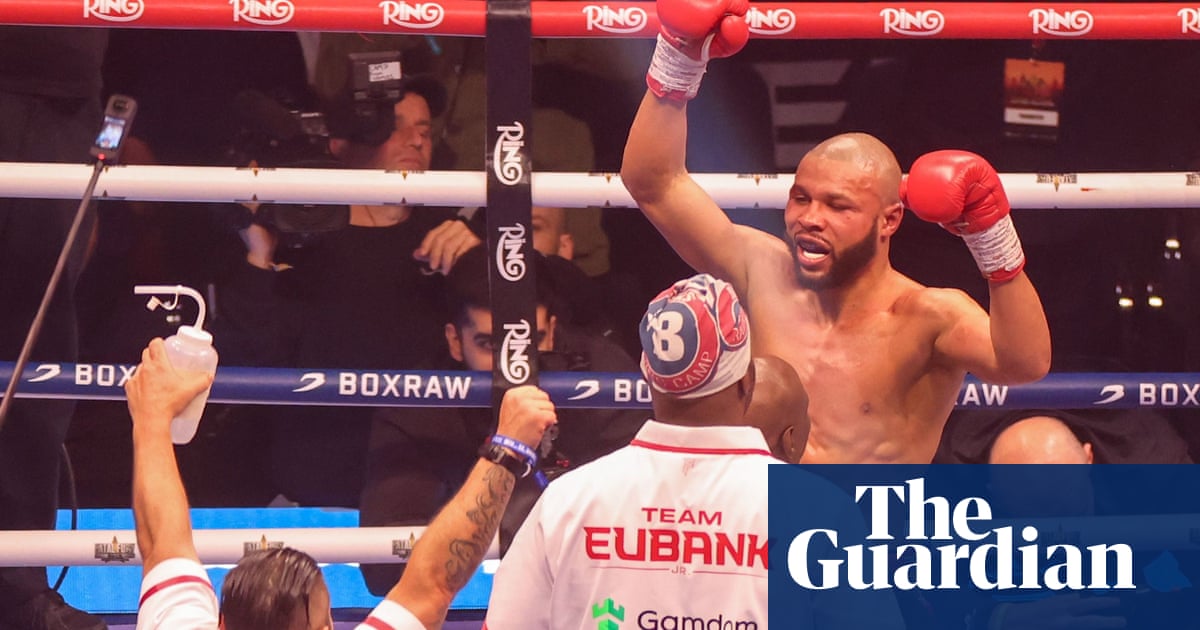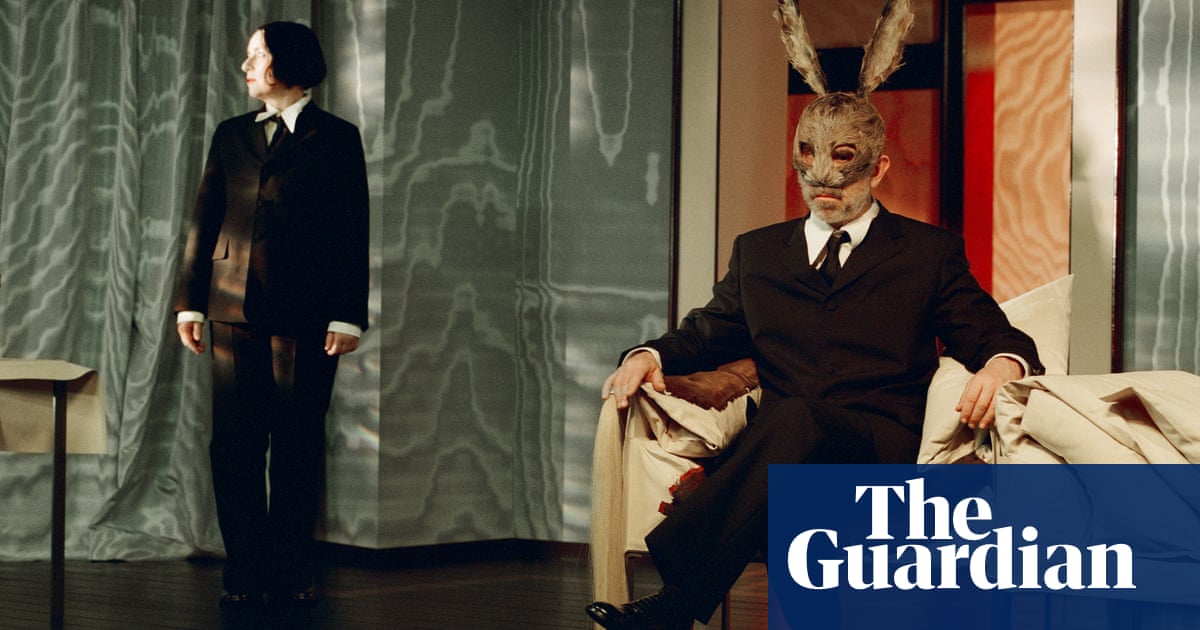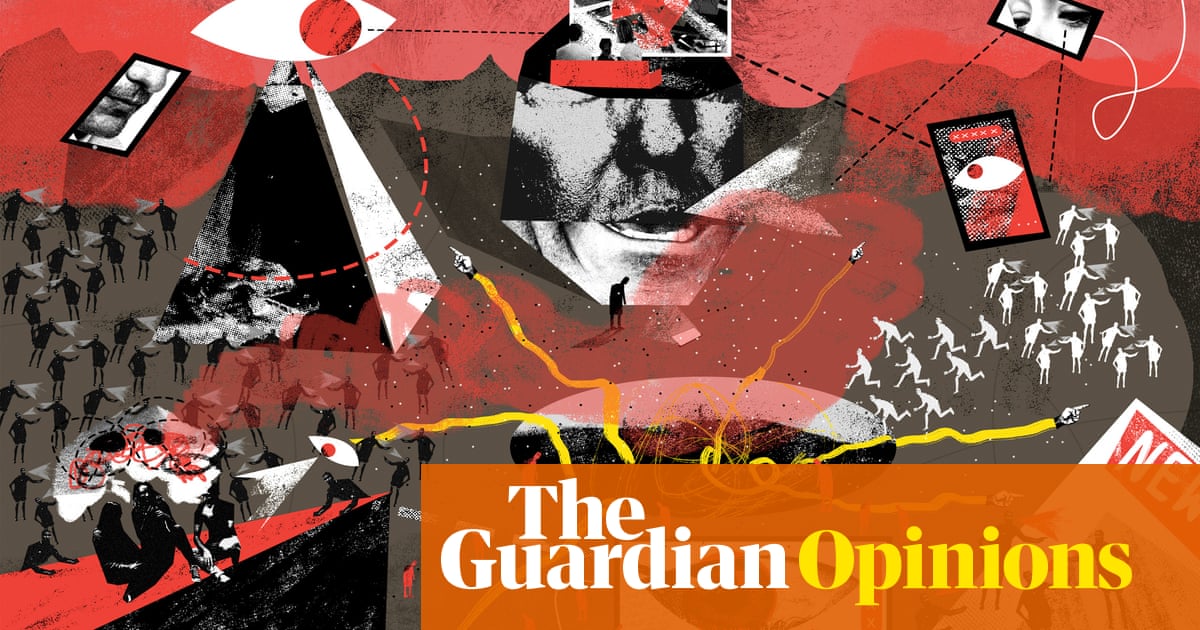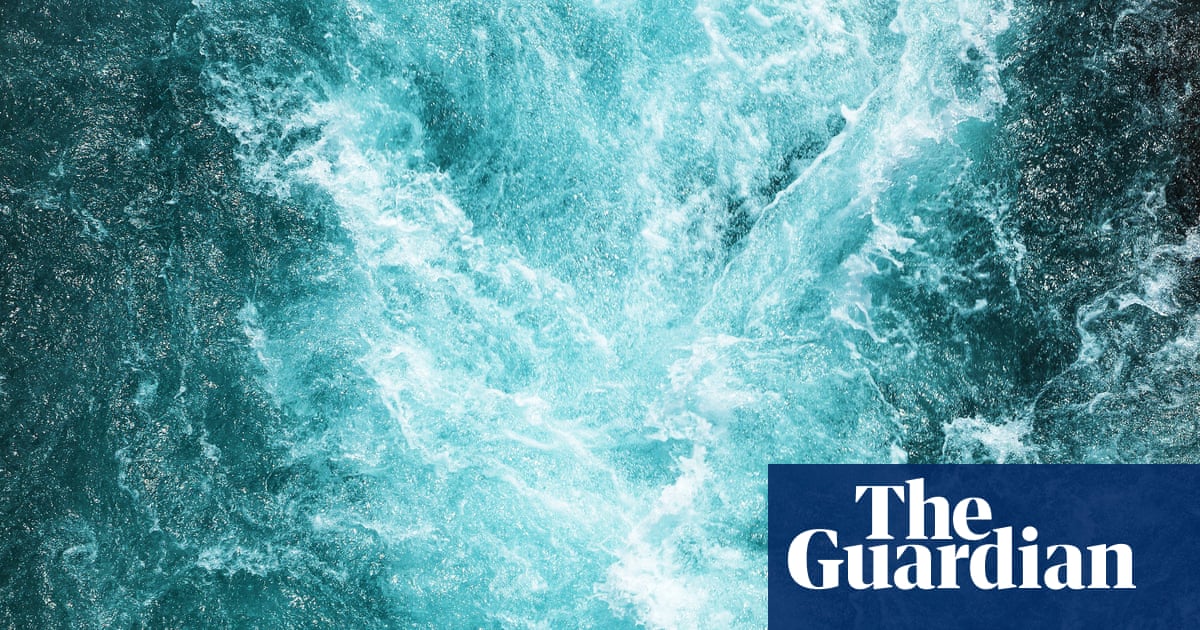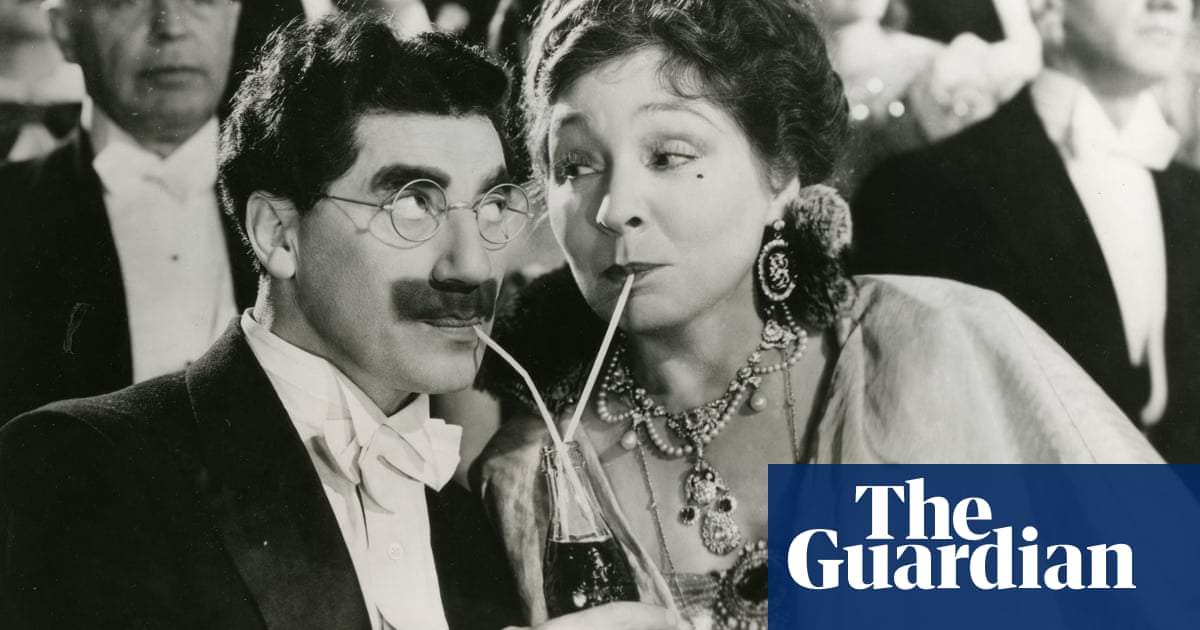Berlin can be a touch inhospitable in February; this year was no exception, with visitors to the film festival enduring heavy snow, treacherous pavements and a two-day, city-wide transport strike. But the Berlinale itself is contending with a frosty climate. Traditionally a hub for film-makers of forthright, oppositional persuasions, it must now attempt to flourish in the face of Europe’s swing to the right, with Germany’s elections imminent and the troubling rise of the extremist AfD party.
Every new festival head faces the challenge of reinventing the event they have inherited, and in the Berlinale’s 75th year, the bar was set especially high given the scrutiny the festival has received. Last year’s closing night brought controversy, with some German politicians taking exception to award acceptance speeches by the Palestinian and Israeli directors of the (now Oscar-nominated) protest documentary No Other Land, about Israel’s village demolitions on the West Bank. So new festival director, the American Tricia Tuttle – formerly head of the BFI London film festival – faces the challenge of giving the Berlinale a boost, while managing political expectations from different fronts.
Her opening press conference comments – that the festival would oppose the rise of the far right – plus an anti-Trump statement from the competition jury president, US film-maker Todd Haynes, made it clear where the Berlinale stands in terms of its traditional values. Artistically, meanwhile, this year’s programming put a slightly friendlier face on an event that, over the years, has sometimes been dour and, in recent editions, spikier than some critics appreciated. The 2025 competition was at the very least solid and consistent, although without anything quite as bracingly sui generis as last year’s Golden Bear winner, Mati Diop’s hybrid documentary Dahomey.
But there were some strong offerings, including two fine South American films. Iván Fund’s The Message, from Argentina, was a low-key, eccentrically entrancing black-and-white road movie about a young girl, newcomer Anika Bootz, whose grandparents hire out her services as an “animal communicator”, bringing messages from pets alive or dead – including a hedgehog supposedly pining for its siblings. Then there was The Blue Trail, Brazilian Gabriel Mascaro’s boisterous anti-ageism parable, with Denise Weinberg as an elderly woman defying a dystopian Brazil that has made senior citizens humiliated outlaws. Her adventures on the Amazon exude wit, fantasy and touches of delirious magical-realist vision.

Romania’s Radu Jude won the Golden Bear here in 2021 with his briskly confrontational Bad Luck Banging or Loony Porn. His characteristically pugnacious Kontinental ’25 is a broadside against a capitalist worldview in which all buildings are real estate and all citizens disposable material. Eszter Tompa plays a former law teacher turned bailiff, concerned that she has caused the death of a homeless man. This is a bleak but surprisingly comic film, dense with debate but mischievous and genially scabrous, too.
Similarly powerful was a depiction of postpartum trauma from Austrian director Johanna Moder: Mother’s Baby, about an orchestra conductor whose psyche unravels after she gives birth to her first child. The film is riveting, and intensely troubling, in its realist observation of the stresses of new parenthood and the coercive expectations of happiness that new mothers contend with; it is less convincing when it shifts into hallucinatory paranoid thriller mode. But this is a bold, steely, real achievement, with a superbly modulated lead by Marie Leuenberger – for me the acting standout of the festival.

No less of a gut punch was Dreams by Mexico’s Michel Franco. Ballet star Isaac Hernández plays a young Mexican dancer involved in a relationship with a wealthy American socialite; she is played by Jessica Chastain, returning from Franco’s last film, Memory. After a distressing opening – involving a lorry full of trapped Mexican migrants – Dreams then plays out as an intensely sexual love story against a background of political, economic and class difference. This profoundly pessimistic film ends with a shock that perhaps we can see coming, but is no less powerful for that.
Not everything in competition hit the spot. Hot Milk, the directing debut by British playwright Rebecca Lenkiewicz, adapted from Deborah Levy’s novel, had the makings of a grippingly offbeat coming-of-age, or coming-out, drama. But it never quite convinces, partly because the lead trio – Emma Mackey, Vicky Krieps and an imposingly cantankerous Fiona Shaw – each one individually strong, never entirely seems to inhabit the same film. Also hit-and-miss was Ari, a comic character portrait by French director Léonor Serraille, who made the electrically brilliant Jeune Femme. Ari, about a primary school teacher in crisis, has the faintest touch of Mike Leigh in its social portraiture, but lacks coherence in its improvisational-feeling comic psychology. But it has an enjoyably infuriating lead by an up-and-coming French actor, the gaunt, nervy Andranic Manet, who resembles whatever was left over when they made Adrien Brody.

Outside competition, there was a clunker of an opening film: the immensely self-important The Light, in which star German director Tom Tykwer (Run Lola Run, TV’s Babylon Berlin) attempts to put the world to rights – with grotesque musical interludes. And Korean maestro Bong Joon-ho didn’t entirely enthral with his avidly awaited follow-up to the ineffable Parasite: bloated sci-fi comedy Mickey 17, with Robert Pattinson as a spaceship working Joe whose fate is to be killed over and over, and “reprinted” in new disposable form. The effects are spectacular, and Pattinson has fun as an anxious cosmic nebbish (although the Steve Buscemi impersonation gets a bit wearing), but the political satire is grinding. Please God, let future screen lampoons of Trump be subtler than Mark Ruffalo’s blowhard billionaire here.

Finally, the competition brought two absolute pleasures, both flawless in different ways. The Ice Tower (it sounds better in French: La tour de glace) is the latest from that absolutely individual director Lucile Hadžihalilović (Innocence, Earwig). Set in a wintry 70s Europe, it stars Clara Pacini, a newcomer with a hauntingly intent yet oddly opaque gaze. She plays a teenager who wanders on to a film set where they are shooting a version of the Snow Queen story, and falls under the spell of its mercurial star, played by Marion Cotillard. Slipping seamlessly between dream, reality and film-within-film, this hypnotic marvel is a thing of absolute beauty from an expert jeweller of cinematic hallucinations.
Then there was Blue Moon, Richard Linklater’s melancholic tribute to Lorenz Hart – the lyricist who created a myriad hits with composer Richard Rodgers, then died a tragic death. This film sees the bisexual, alcoholic Hart (Ethan Hawke) spitting invective over Rodgers’s new project with a different collaborator: “Oklahoma, exclamation point!” He retreats to Broadway restaurant Sardi’s to spin his woes to the heard-it-all barman (Bobby Cannavale) and torment himself over his unrequited love for a 20-year-old student (Margaret Qualley). It’s a beautifully staged chamber piece, unashamedly theatrical, with a witty, piquant, poignant script by Robert Kaplow. It is Hawke’s finest hour yet, his Hart by turns manic, self-pitying and triumphantly witty. Overall, a sophisticated, satisfying tour de force that brought old-school Broadway class to the red carpet on Potsdamer Platz.
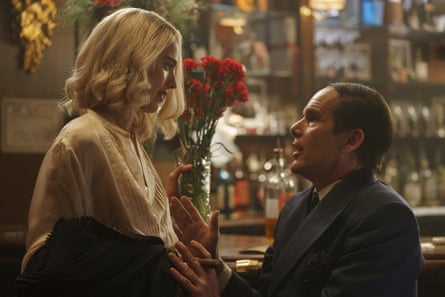
Jonathan Romney’s best of Berlin
Best competition films
Blue Moon (Richard Linklater); The Ice Tower (Lucile Hadžihalilović); Kontinental ’25 (Radu Jude); Mother’s Baby (Johanna Moder); Dreams (Michel Franco).
Best straight-from-Sundance titles
Peter Hujar’s Day (Ira Sachs), with Ben Whishaw and Rebecca Hall superb in a two-hander evocation of 70s Manhattan bohemia; If I Had Legs I’d Kick You (Mary Bronstein), a manically abrasive horror-farce about a woman under pressure, starring a very full-tilt Rose Byrne.

Best performances
Ethan Hawke (Blue Moon); Denise Weinberg (The Blue Trail); Marie Leuenberger (Mother’s Baby).
Best documentaries
Holding Liat (Brandon Kramer), which follows the family of a couple taken as hostages in the Hamas attacks of 7 October. Central figure is father Yehuda Beinin, staunchly anti-Netanyahu – and shocked by attempts to co-opt affected families for a pro-war position. And All I Had Was Nothingness, Guillaume Ribot’s assemblage of out-takes from Claude Lanzmann’s famous Holocaust documentary Shoah; it’s strikingly revealing about Lanzmann’s investigative approach, not least his initial awkward attempts to doorstep war criminals.

Best title
The Devil Smokes (and Saves the Burnt Matches in the Same Box), a striking debut by Mexican director Ernesto Martínez Bucio – a gritty, grungy, claustrophobic drama about five children sharing a house with their increasingly troubled grandmother.
Best animal performances
Fritz the emu, briefly poking his head into Edgar Reitz’s philosophical costume drama Leibniz: Chronicle of a Lost Painting; the imperious capybara in The Message; a strangely menacing herd of cows in Ameer Fakher Eldin’s Yunan.

.png) 2 months ago
28
2 months ago
28
